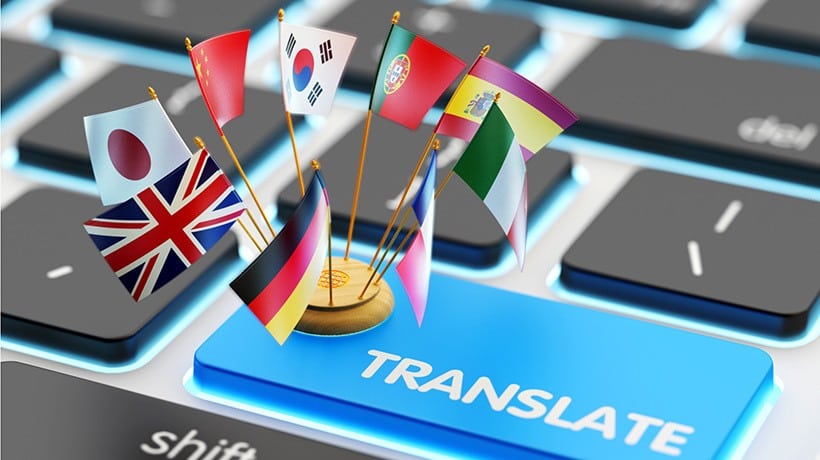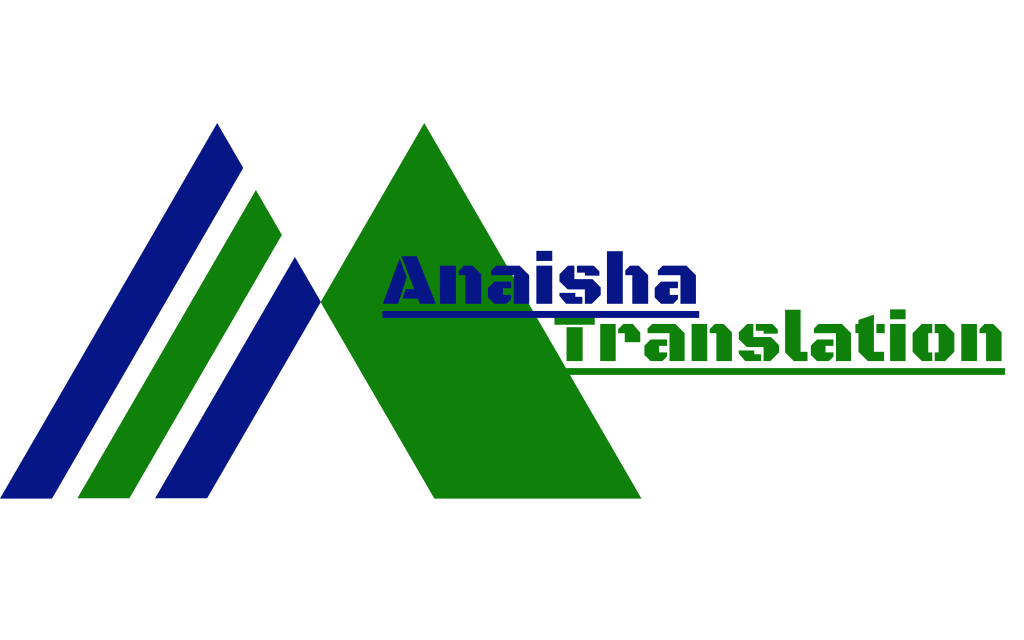Why to choose translation agency for certified translation?

Choosing a translation agency for certified translation encompasses a myriad of reasons, each contributing to the overall reliability, accuracy, and convenience that such agencies offer. In this comprehensive discussion, we’ll delve into the multitude of factors that make translation agencies the preferred choice for certified translations.
Expertise and Specialization:
Translation agencies typically employ a diverse team of professional translators who specialize in various languages and subject matters. These translators often have expertise in specific fields such as legal, medical, technical, or financial translation. Their specialized knowledge ensures that complex terminology and industry-specific jargon are accurately translated, maintaining the integrity and meaning of the original documents. This expertise is particularly crucial for certified translations, where precision and accuracy are paramount to meet legal or regulatory requirements.
Quality Assurance Processes:
Translation agencies implement robust quality assurance processes to ensure the accuracy and consistency of translations. These processes may include multiple rounds of proofreading, editing, and review by experienced linguists to identify and rectify any errors or discrepancies. Quality assurance measures help maintain the high standards expected in certified translations, reducing the risk of inaccuracies or misunderstandings. Additionally, agencies may utilize translation memory tools and terminology databases to ensure consistency across translations, especially for clients with recurring translation needs.
Official Certification:
Certified translation agencies provide official certification for translated documents, attesting to their accuracy and authenticity. This certification is often required for legal, immigration, academic, or professional purposes, where the translated documents need to be submitted to government agencies, courts, educational institutions, or regulatory bodies. The certification typically includes a statement signed by the translation agency or translator, affirming that the translation is accurate and complete to the best of their knowledge and ability. By obtaining certified translations from reputable agencies, clients can ensure that their documents meet the necessary legal or official requirements.
Confidentiality and Data Security:
Reputable translation agencies prioritize confidentiality and data security to protect sensitive information contained in the documents they translate. They implement stringent security measures to safeguard client data against unauthorized access, disclosure, or misuse. Translators and staff members are often required to sign non-disclosure agreements (NDAs) to uphold confidentiality obligations. Moreover, agencies may use secure file transfer protocols and encryption technologies to ensure the secure transmission of documents. Clients can trust that their confidential information remains protected throughout the translation process when working with a reputable agency.
Compliance with Regulatory Requirements:
Certified translations often need to adhere to specific regulatory requirements imposed by government agencies, courts, or international standards bodies. Translation agencies are well-versed in these requirements and ensure that their translations comply with relevant regulations and guidelines. Whether it involves formatting conventions, linguistic standards, or notarization requirements, agencies have the expertise to navigate the intricacies of regulatory compliance. This ensures that the certified translations provided by agencies are accepted and recognized by the relevant authorities without any issues.
International Recognition and Acceptance:
Certified translations from reputable agencies are widely recognized and accepted internationally by government authorities, educational institutions, legal entities, and other organizations. This recognition is crucial for individuals or businesses seeking to use the translated documents in foreign countries or for cross-border transactions. Translation agencies ensure that their translations meet the linguistic and cultural expectations of the target audience, facilitating seamless communication across language barriers. Whether it’s for immigration purposes, academic credential evaluation, or international business transactions, clients can rely on certified translations from reputable agencies to be accepted and trusted worldwide.
Timeliness and Efficiency:
Translation agencies have the resources, infrastructure, and expertise to handle large volumes of translation work efficiently and meet tight deadlines. They employ project management systems and workflows to streamline the translation process, allocate resources effectively, and prioritize urgent requests. Additionally, agencies may have access to a network of translators and language specialists around the world, enabling them to accommodate diverse language combinations and turnaround times. Clients benefit from the timely delivery of certified translations without compromising on quality or accuracy, even when faced with demanding timelines.
Customer Support and Communication:
Professional translation agencies offer responsive customer support and clear communication channels to address any queries or concerns throughout the translation process. Clients can interact with project managers, translators, or customer service representatives to provide feedback, request revisions, or seek clarification on specific issues. This personalized approach to customer support ensures that clients remain informed and engaged at every stage of the translation project. Whether it’s discussing project requirements, tracking the progress of a translation, or resolving potential issues, agencies prioritize effective communication to deliver a seamless experience for their clients.
Additional Services and Value-Added Benefits:
Translation agencies often offer a range of additional services and value-added benefits to enhance the translation experience for their clients. These services may include notarization, apostille certification, desktop publishing, formatting, or localization services tailored to specific regions or target markets. By availing these supplementary services, clients can ensure that their translated documents are professionally formatted, culturally adapted, and legally certified as required. Moreover, agencies may offer volume discounts, loyalty programs, or special pricing arrangements for repeat clients, providing added value and cost savings over time.
Risk Mitigation and Legal Compliance:
Utilizing a certified translation agency mitigates the risk of errors, inaccuracies, or inconsistencies in translations, which could have legal or financial implications if not addressed promptly. Agencies adhere to industry best practices, ethical standards, and quality assurance protocols to minimize the likelihood of translation errors. Moreover, by obtaining certified translations from reputable agencies, clients can demonstrate due diligence and compliance with legal requirements, thereby reducing the risk of document rejection or legal disputes. This proactive approach to risk mitigation safeguards the interests and reputation of clients, ensuring that their translated documents meet the highest standards of accuracy and reliability.
So, choosing a translation agency for certified translation offers numerous benefits, including expertise, quality assurance, official certification, confidentiality, regulatory compliance, international recognition, efficiency, customer support, additional services, and risk mitigation. By entrusting certified translation to a reputable agency, clients can ensure accurate, reliable, and legally compliant translations that meet their specific needs and requirements. Whether it’s for personal, professional, or legal purposes, working with a trusted translation agency provides peace of mind and confidence in the integrity of the translated documents.
